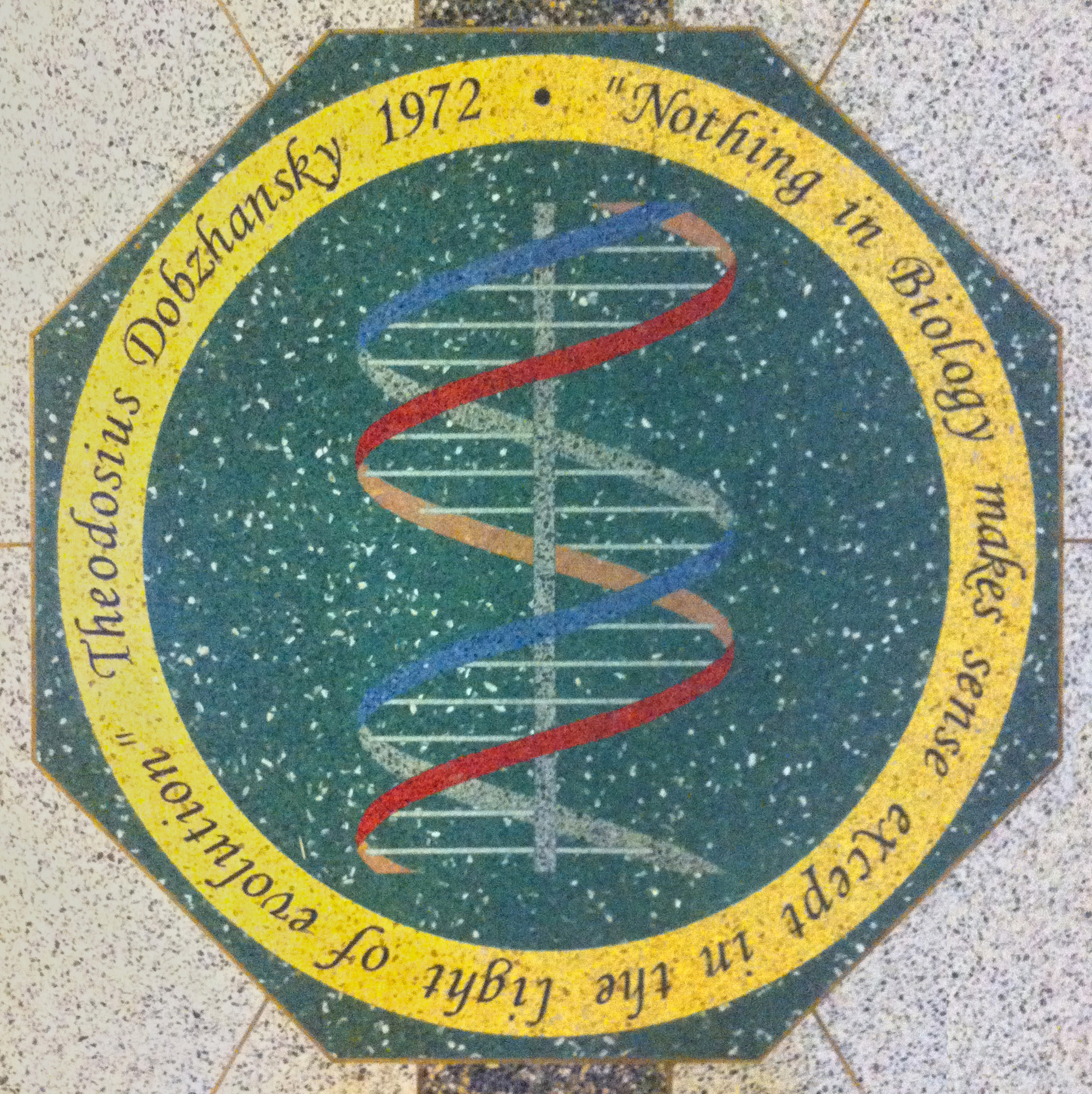Love is what humans do best. Some people will tell you that if we’re made of matter, then you can’t explain love. But science explains love as something we mammals evolved long ago. Birds have also evolved love, and maybe some dinosaurs did, but we mammals are better at it than any other animals have ever been. First, mammal mothers evolved love for their children, and vice versa. Mammal mothers care for their young with a devotion and intimacy that you just don’t see everywhere. Eventually we evolved families, some small and some extended. Families are havens of mutual affection and care, in a word—love. You rarely see a loving family among non-mammals, certainly nothing like an elephant herd or an orca pod. As for us humans, we’re the mammals that crank love up to 11. Human fathers love their mates and their children, not always but a lot more often than mammals in general. Lately, we humans have repurposed familial love, and now we have lifelong friendships between unrelated individuals.
Love is Biological
For us humans, love goes back for tens of millions years at least, and it is in our biology. We respond to our lovers, our friends, and our kin not just on a verbal or social level but with our biological bodies. Women evolved subcutaneous fat and gave themselves the enticing curves so adored by men. Chimp females are nothing to look at, not even to a male chimp, but human women are sexy, sometimes even to other women. On the hormonal level, seeing a sexy woman increases a man’s testosterone, but a woman’s tears reduce it. Human semen includes oxytocin, the hormone that helps people fall in love. Tender touch, meanwhile, induces us to release our own oxytocin. If love is blind, maybe that’s because hormones are blind, too. Mothers and children love each other with instincts that go back at least to the first mammals, over 200 million years ago. Thanks to our social structure, human mothers and children can love each other their whole lives rather than parting ways when the child matures. We also love our tribes, especially when we're united by our instincts for song and dance. It might sound strange for love to be an evolved, natural thing, but it’s right there in our flesh and blood.
Love is Cultural
For its part, cultural evolution has been good to love. When we evolved speech (50 to 100 thousand years ago), we created along with it something unprecedented: deliberate culture. You might call that the fall of man, but that’s another story. In some ways we humans have used deliberate culture to weaken family bonds. Ancient Hebrews, for example, were commanded to kill their own sons if those sons worshiped foreign gods. More often, however, we’ve used culture to exalt love and to spread it wider. When we became behaviorally modern in Africa 50 thousand years ago, our love extended only to our own respective tribes. Killing an outsider man was not murder, and abducting an outsider woman was not rape. We have done a lot to promote love since then. First-century Greek Christians went so far as to identify love with the highest good, saying “God is love.” We humans are no fools, and we can all see that reciprocal kindness is going to get us further overall than fighting over everything. That’s what gives Marxism its appeal. Civilizations have succeeded to the extent that they could get tremendous numbers of people cooperating and trading instead of competing and warring. Modern society, by and large, has used its wealth and power to extend dignity, autonomy, and security to more and more people. If biological evolution gave us an exceptionally love-oriented genome, cultural evolution confirms and exaggerates love’s power.
Love is Magical
It’s true that love feels uplifting, transforming, eternal, and spiritual. There’s no denying that. I’m only denying that it’s supernatural. Terence McKenna, who advocated a psychedelic worldview, said that love is one area of life where everyday people are most likely to experience magic. That has been true for me. But experiencing magic doesn’t mean believing it. I experience the earth as still, but I know it’s moving. I experience English as the natural way to phrase one’s thoughts, but I know it isn’t. Love is magical not because it’s supernatural but because we evolved to feel it as magical. After all, love has a lot of heavy lifting to do. Love gets humans with hundreds of millions of years of selfish instincts to pitch in together for the long haul.
Remember
Plato wants you to think that true love is immaterial and that nothing material can be true. Don’t believe him.

